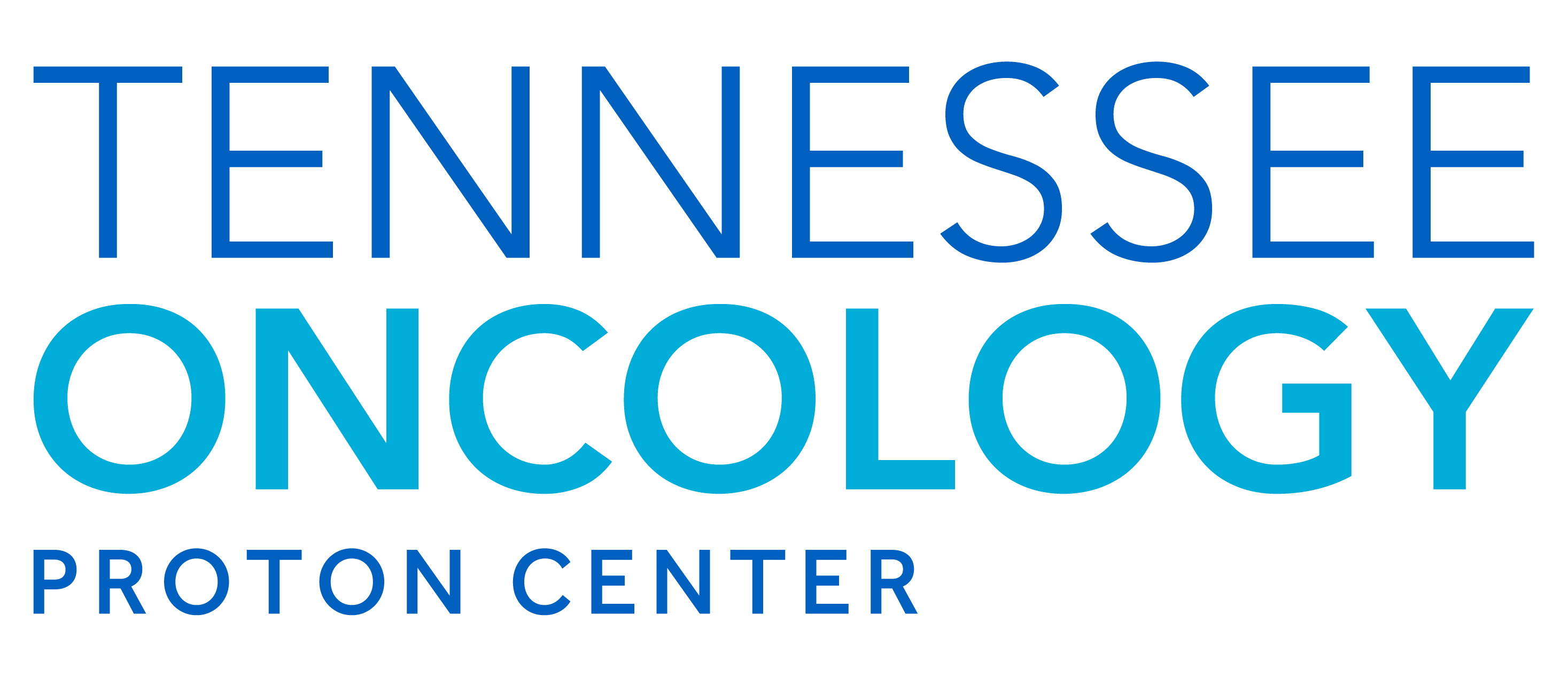The Power of Collaboration: How Peer Review Enhances Your Radiation Therapy at Tennessee Oncology Proton Center
Estimated Reading Time: 5 minutes
Table of Contents
- 1. Precision in Practice: The Foundation of Radiation Therapy
- 2. The Collaborative Advantage: What is Peer Review in Radiation Oncology?
- 3. Why Every Review Matters: Understanding Plan Adjustments
- 4. Our Commitment: Peer Review at Tennessee Oncology Proton Center
- 5. Your Care, Elevated: The Benefits of a Team Approach
1. Precision in Practice: The Foundation of Radiation Therapy
When it comes to cancer treatment, precision is paramount. Radiation therapy, including advanced proton therapy offered at our center, relies on meticulously crafted treatment plans designed to target cancer cells while sparing healthy tissues. Every detail, from the precise shape of the tumor to the dose of radiation delivered, is critical for effective treatment and minimizing side effects.
But how do we ensure that every single plan is as accurate and effective as possible? The answer lies in a vital process called peer review, a cornerstone of quality assurance in modern medicine.
2. The Collaborative Advantage: What is Peer Review in Radiation Oncology?
Peer review in radiation oncology is a systematic process where a patient’s radiation therapy plan is reviewed by an interdisciplinary team, often including medical physicists and dosimetrists. This isn’t just a quick glance; it’s a collaborative, in-depth evaluation designed to catch potential errors, identify opportunities for improvement, and ensure the plan aligns with the latest clinical guidelines and best practices.
Recent research highlights the significant impact of this process. A systematic review and meta-analysis of nearly 100,000 patient cases, published in *Radiotherapy and Oncology*, revealed that approximately one in four cancer radiotherapy plans undergo changes after peer review. This finding underscores the immense value of bringing multiple expert perspectives to each patient’s unique case [Oncology News Central].
3. Why Every Review Matters: Understanding Plan Adjustments
The changes identified during peer review are not arbitrary; they are based on careful clinical judgment aimed at optimizing patient outcomes and safety. The study found that the most common reasons for major modifications to radiotherapy plans included:
- Target Delineation: Adjustments to the precise outlining of the tumor area that needs to be treated.
- Target Dosage: Modifications to the amount of radiation prescribed for the tumor.
- Organ at Risk Dose Prescription: Changes to ensure critical healthy organs near the tumor receive safe levels of radiation.
- Organ at Risk Volume Delineation: Refinements in outlining the healthy organs that need to be protected.
These findings demonstrate the inherent complexity of radiation therapy delivery and the irreplaceable value of collaborative decision-making. While some might assume peer review is a lengthy process, the study noted that the median time spent on each review was just 10 minutes – a small investment for the significant benefits in treatment efficacy.
4. Our Commitment: Peer Review at Tennessee Oncology Proton Center
At Tennessee Oncology Proton Center, our commitment to patient safety and optimal outcomes is unwavering. We recognize the profound importance of a collaborative approach to care. This is why our physicians actively participate in peer review with their colleagues. This means that your personalized treatment strategy benefits from the collective expertise and experience of our entire team, ensuring that every detail has been meticulously scrutinized and confirmed.
This commitment to internal peer review is part of our dedication to upholding the highest standards of radiation oncology, providing you with confidence in the quality and safety of your care.
5. Your Care, Elevated: The Benefits of a Team Approach
For you, the patient, this robust peer review process translates directly into peace of mind. It means:
- Optimized Outcomes: Ensuring that your treatment plan is precisely tailored for the most effective results.
- Confidence in Care: Knowing that multiple experts have collaborated to confirm the best possible approach for your unique situation.
- Access to Collective Expertise: Benefiting from the combined knowledge and experience of a dedicated team of specialists.
At Tennessee Oncology Proton Center, your well-being is our top priority. The practice of peer review is just one of the many ways we ensure that you receive the highest quality, safest, and most effective radiation therapy available.





